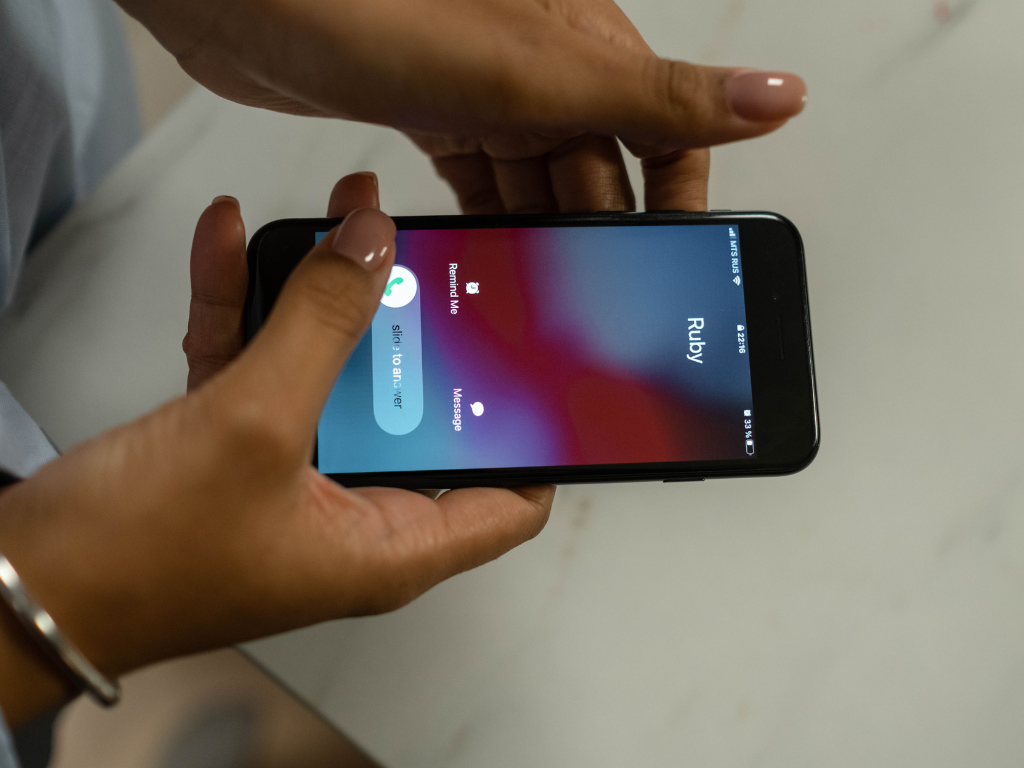The widespread use of cell phones has become a significant component of healthcare communication. They assist in everything from making appointments to discussing healthcare plans between providers and patients.
But here’s a question you might be wondering: are cell phone calls HIPAA compliant? In this article, we will break down everything you need to know about HIPAA regulations. We’ll discuss the potential risks of non-compliant calls and the best practices to ensure HIPAA compliance.
Read on to understand and practically apply these rules in a healthcare setting.
Table of Contents
The Role of Cell Phone Calls in Healthcare Communication
Today, cell phone calls are at the heart of communication in healthcare. They are used for everything, from clinicians discussing patient care to delivering lab results and even patient consultations. It makes them vital for quick, effective, real-time conversations in the healthcare field.
But remember, these daily calls carry sensitive information, amplifying the importance of adhering to strict regulations during these exchanges.
Can Cell Phone Calls Align with HIPAA Regulations?
Are cell phone calls HIPAA compliant? The answer isn’t a simple yes or no. You must consider security, encryption, protecting Protected Health Information (PHI), and obtaining consent.
Security and encryption considerations
Cell phone calls are essential in healthcare but don’t naturally meet HIPAA standards. They must be secure and encrypted to avoid interception, as regular calls usually aren’t. Therefore, healthcare organizations must follow the steps to ensure cell phone calls HIPAA compliance.
To secure cell phone communications, use encryption, lock devices, and securely dispose of old devices.
Protected health information (PHI) handling
Employee training is critical for HIPAA compliance cell phone calls. Staff should be aware of sharing vital patient information only when necessary, limiting the chances of unintentional PHI disclosure.
Consent and authorization
Patient consent is critical to aligning with HIPAA compliant cell phone calls. Patients must understand that their health details may be shared during cell phone conversations and must provide approval before this happens. Given the risks associated with insecure calls, informed consent is essential.

Risks of Non-Compliant Cell Phone Calls in Healthcare
When cell phone calls do not comply with HIPAA regulations in healthcare communication, several risks may arise, including:
- Legal consequences. Non-compliance with HIPAA can lead to substantial fines, legal actions, and a potential jail sentence.
- Damage to reputation. Breach of patient privacy can significantly tarnish the reputation of healthcare providers, damaging both public image and patient trust.
- Loss of PHI. Unprotected cell phone communications can lead to unauthorized access to Protected Health Information (PHI), resulting in its potential loss or misuse.
- Financial ramifications. Remediation costs, regulatory fines, and potential lawsuits can result in significant financial burdens on the healthcare provider.
- Breach of patient trust. Unauthorized access or distribution of PHI can lead to a deep loss of patient trust and confidence in their healthcare provider.
Best Practices for HIPAA-Compliant Cell Phone Calls
HIPAA rules also apply to cell phone calls in healthcare. By following best practices, you can lower the risk of non-compliance. Here’s how:
Implement secure call policies
It’s crucial to create strong call policies for maximum security. These should cover the ins and outs of keeping cell phone calls confidential. Utilizing encryption and secure phone services can be beneficial.
Make sure any PHI on mobile devices is encrypted during storage or transmission. Additionally, restrict access to sensitive data unless it’s required.
Conduct employee training and raise awareness
Training your team on HIPAA rules related to cell phone calls is vital. Continuous training emphasizes the importance of patient privacy and the consequences of ignoring it. Utilize reminders, real-life examples, and interactive materials for practical training.
Patient consent and recordkeeping
To ensure HIPAA compliance, always get patients’ permission before discussing their health details over phone calls. Also, you need to keep track of these consents systematically.
Keep records organized and visible to avoid any potential infringement of patients’ rights to their information. Remember, understanding and respect for these rights are foundational to HIPAA.
Adhering to these guidelines ensures that your use of cell phone calls meets HIPAA standards, prioritizing patient confidentiality and trust.

Understanding and Applying HIPAA Rules to Cell Phone Use in Healthcare
As someone involved in healthcare, knowing how HIPAA rules apply to cell phone calls is crucial. Keep in mind, ignorance of the rules won’t justify any leakage of sensitive patient data.
Cell phone calls play a crucial role in healthcare operations. They can be HIPAA compliant, provided specific rules about security, encryption, PHI handling, and consent are strictly followed.
Non-compliance with HIPAA regulations in healthcare can lead to severe issues. These range from damaging patient trust to facing hefty penalties. It’s crucial to understand that not following these rules can have significant and widespread effects.
Ensuring HIPAA compliant phone calls in healthcare can be complex. However, with proper knowledge, dedication, and a strong strategy, you can safeguard your organization and the patients you care for.




